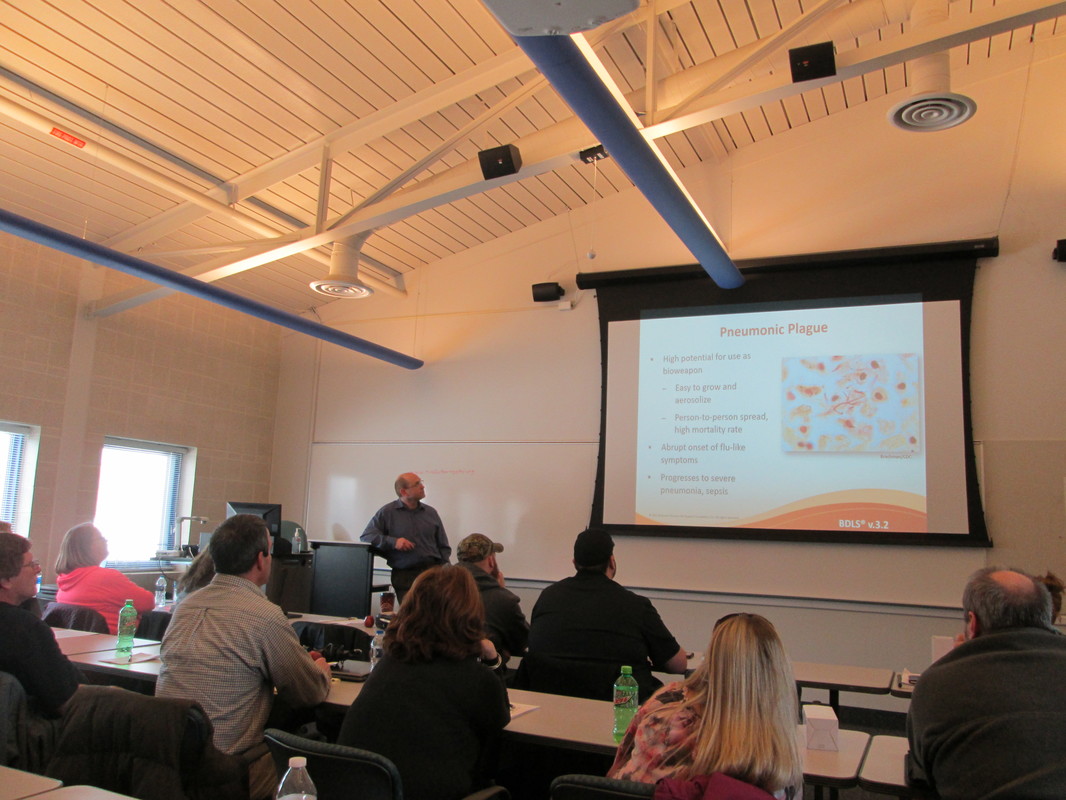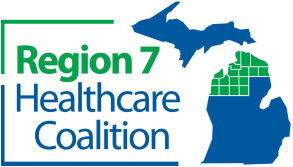Region 7 Updates
Region 7 HCC Staff host and attend many regional events, meetings, and training and are always looking for resources to share with partners. Here we share information about events we've attended and those upcoming, as well as tools and resources that may be of benefit to you.
Please check back frequently for more information!
Please check back frequently for more information!

